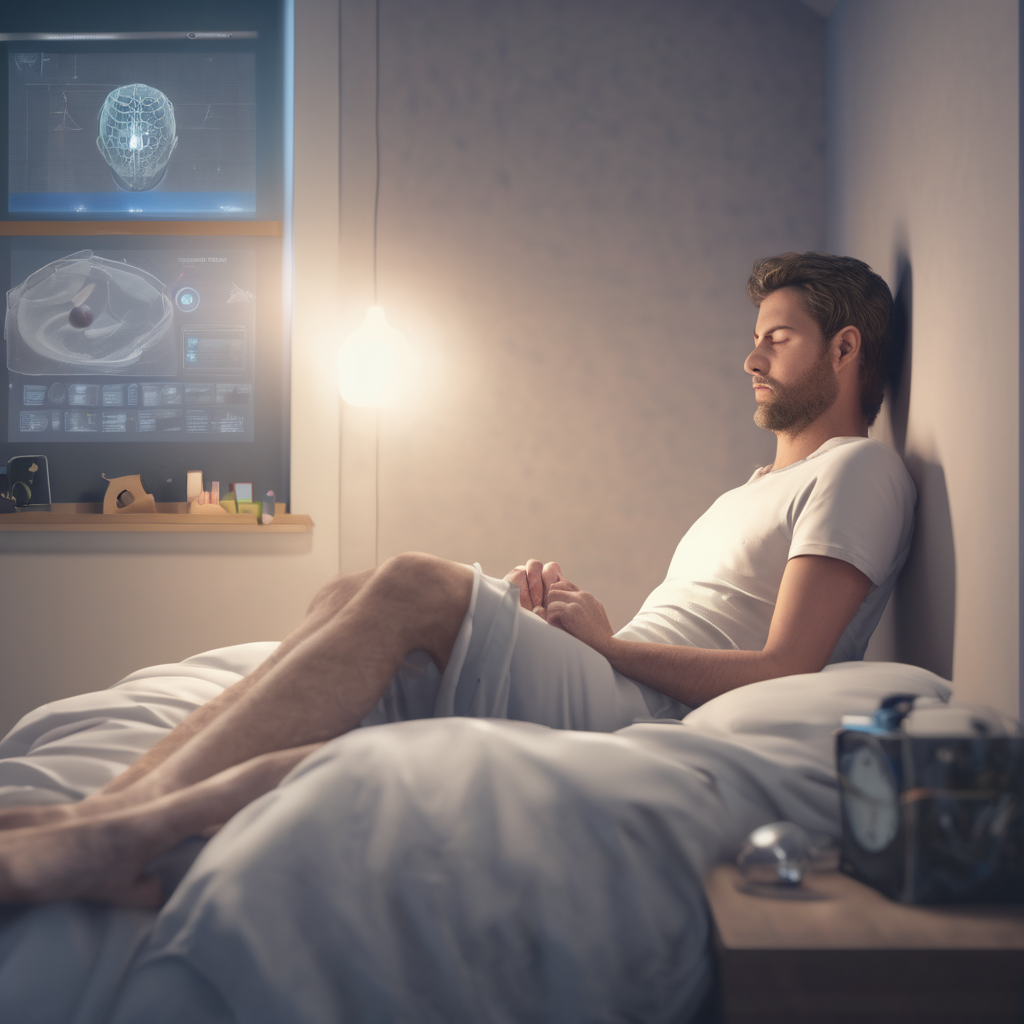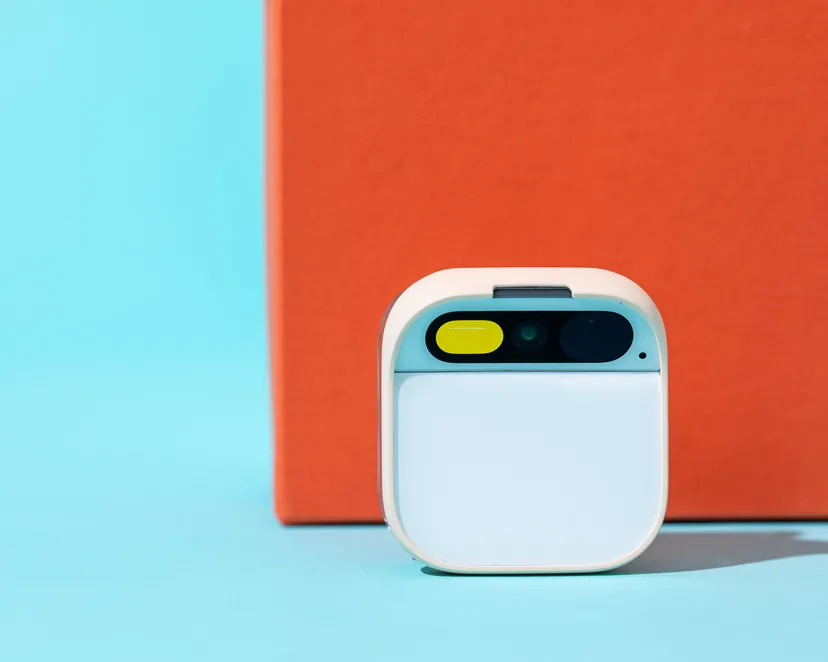In today’s fast-paced, hyper-connected world, technology has become an integral part of our daily lives. We are constantly surrounded by screens and electronic devices, and these technological advancements have undoubtedly brought numerous benefits. However, the ever-growing technology has also come with some unintended consequences, particularly when it comes to sleep. This article will explore the impact of technology on sleep and discuss some strategies for improving sleep habits in the digital age.
One of the main ways in which technology affects sleep is through the exposure to blue light emitted by electronic devices. Blue light suppresses the production of melatonin, a hormone that helps us to get into our sleep cycles. Hence, the blue light emitted from tablets and smartphones, affects our natural sleep patterns, making it more difficult to fall asleep and achieve restful sleep. Research has shown that people who use electronic devices before bed tend to have shorter sleep duration, poorer sleep quality, and increased daytime sleepiness.
Furthermore, the use of technology in the bedroom can distract one from sleeping properly. Smartphones are used by many as an easy, efficient, and accessible alarm clock. However, this can lead to distractions, such as a constant temptation to check notifications, emails, or engage in social media. This, instead of providing better sleep, would inadvertently sabotage the attempt of the sleeper. Technology also contributes to sleep disorders such as insomnia. The constant stimulation and engagement with screens can lead to hyperarousal, making it difficult for the mind to relax and fall asleep.
These factors would all disrupt our body’s circadian rhythm, the body’s internal clock that regulates sleep and wakefulness. Irregular sleep-wake schedules, often caused by late-night technology use, can disrupt the circadian rhythm, leading to difficulties falling asleep and waking up at the desired times. This can have a negative impact on daytime performance during tasks.
Luckily, there are many methods that can be used to mitigate and prevent damage from technology overuse. It is suggested that you set a specific time, at least one hour before bed, when you disconnect from electronic devices. This should become routine and be continued every night without exception, if possible. During this hour, it is best if you engage in relaxing activities, which allow your brain to wind down and prepare for sleep. Activities include deep breathing, meditation, gentle stretching, and others. To mitigate distractions from electronics further, it is advised to keep electronic devices out of the bedroom or at least out of reach during sleep hours.
However, it is also recognized that some jobs might require workers to stay up late in front of their computer screens. Don’t worry, however, as there are many devices and apps that offer blue light filters or night mode settings that reduce the impact on wellbeing. Enable these features to minimize the impact on melatonin production.
Technology has a large impact on the quality and quantity of our sleep. Exposure to blue light and the constant availability of entertainment all contribute to sleep difficulties and sleep disorders. By implementing strategies to limit technology use before bed and establishing healthy sleep habits, we can mitigate the negative effects and promote restful and rejuvenating sleep in the digital age.







Leave a Reply